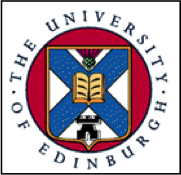


Simon Hettrick




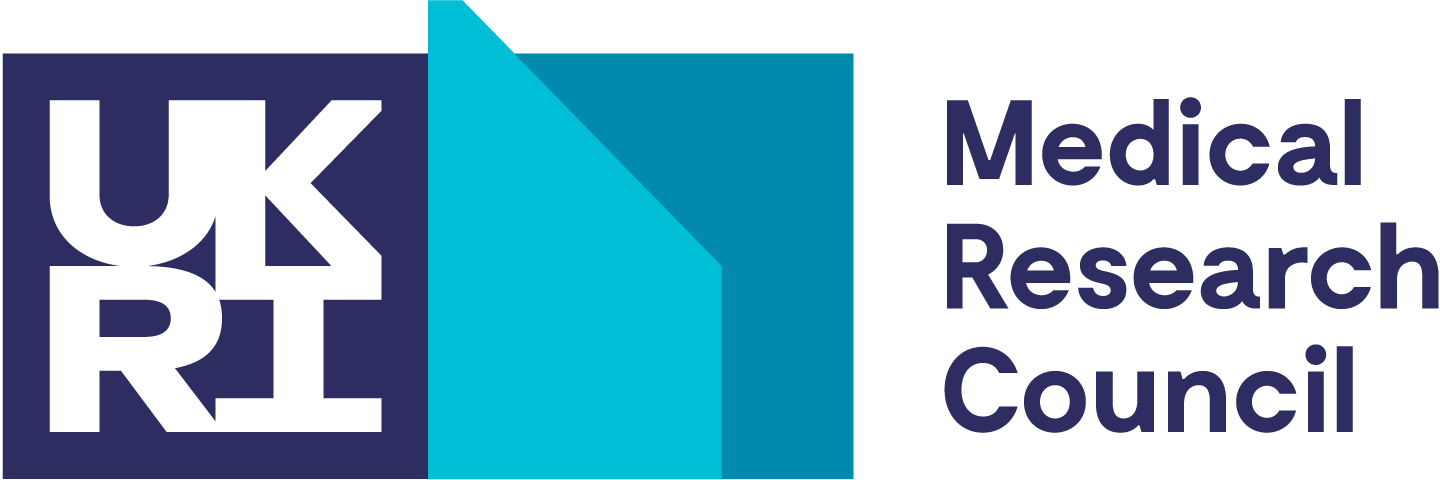




29 November 2021 - EPSRC Council and SAN @sjh5000 ORCID: 0000-0002-6809-5195
The rise of the RSE: implications for research

The Research Software Engineer is a new role in research.
It combines an intimate understanding of research with professional software engineering expertise
The purpose of the RSE campaign was to gain recognition for this new role
The main beneficiary of the campaign's success has been the UK research community
Key achievements
- Worldwide adoption of the RSE title
- A sustainable society for RSE in the UK and national associations in 8 other countries
- Self-sustaining RSE Groups at 30 UK universities
- Adoption of the role into UKRI and research councils, inc. RSE Fellowships from EPSRC and STFC
- Achieved almost entirely with volunteer effort
- UK has world leadership in an area that will be increasingly vital to research
Is software important to research?

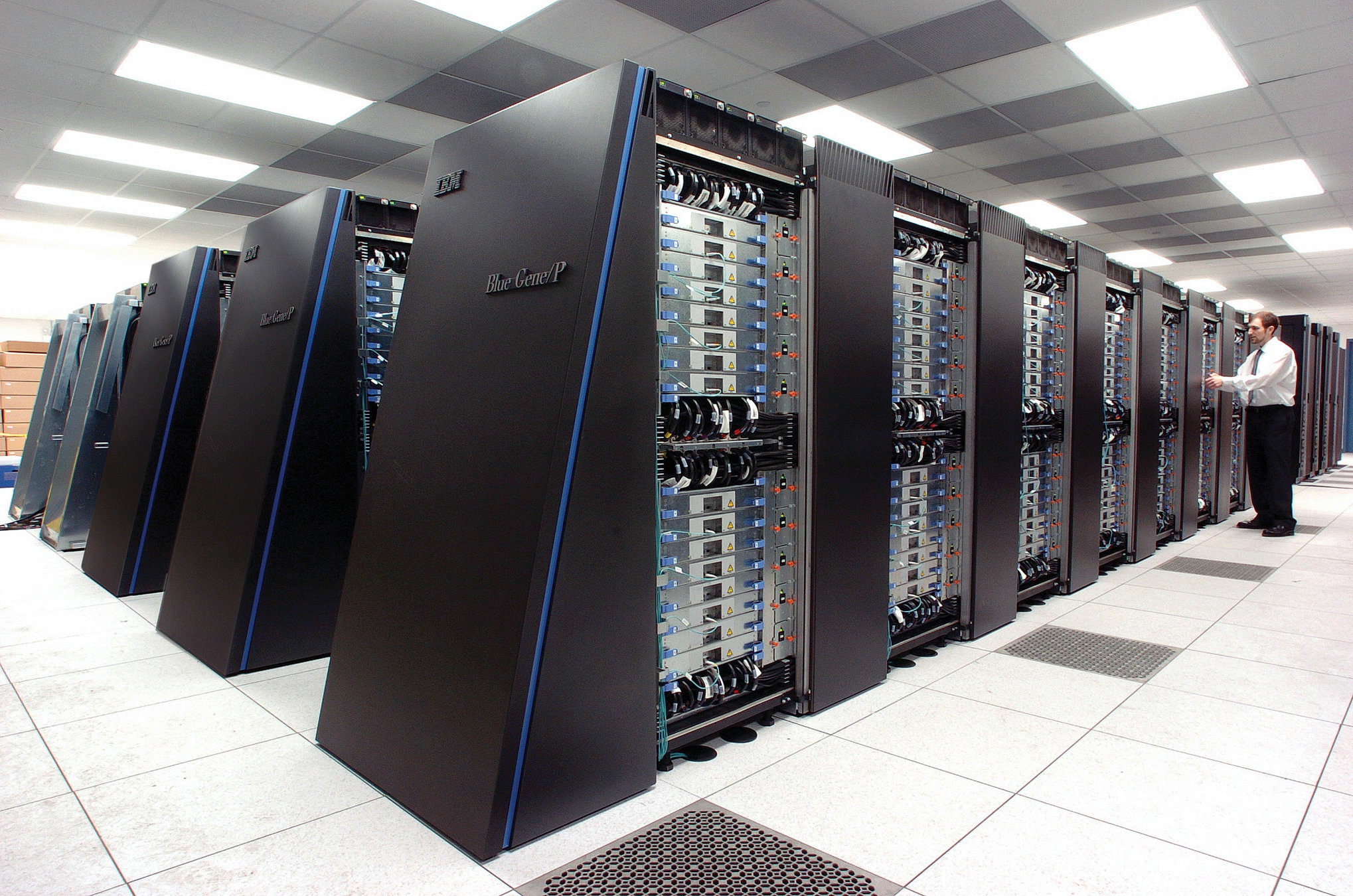
Research software is software that you use to generate, process or analyse results that you intend to appear in a publication.
Research software can be anything from a few lines of code written by yourself, to a professionally developed software package.
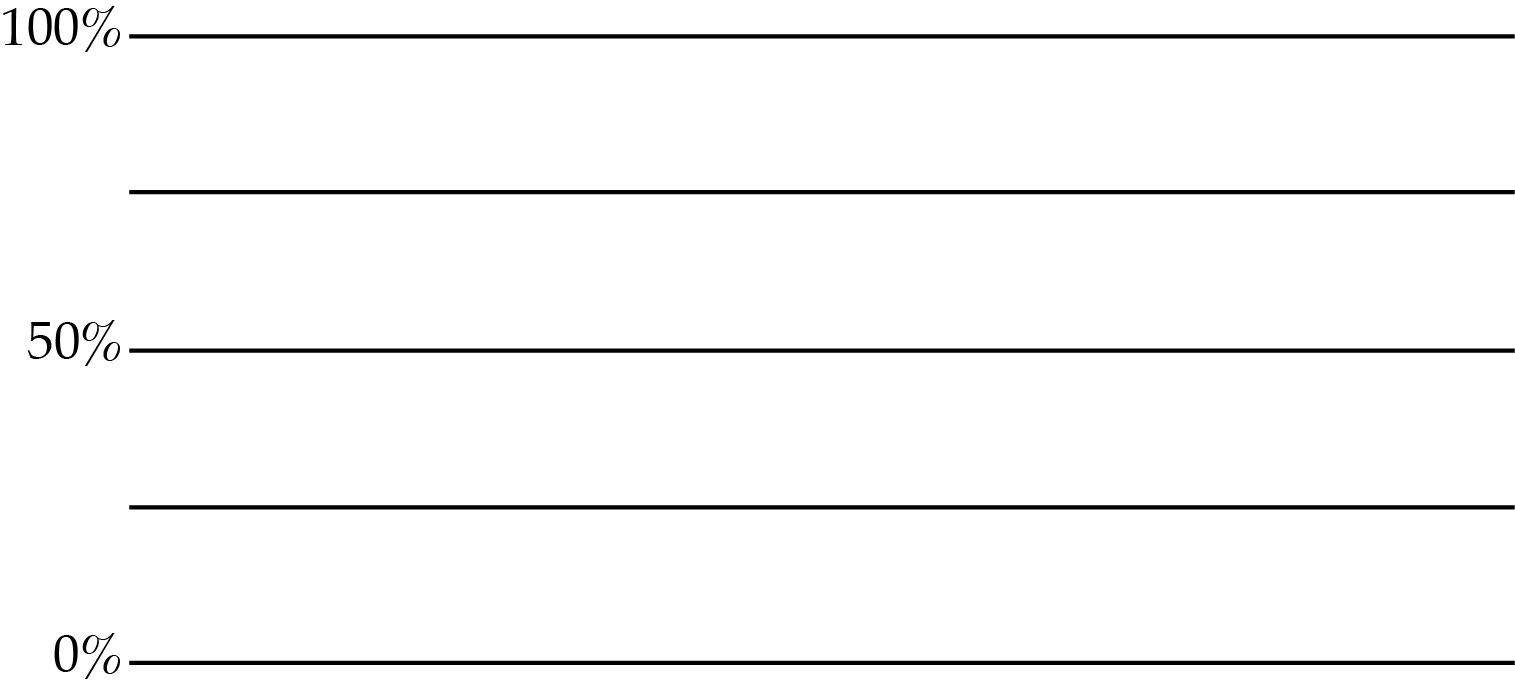
Use software
Fundamental to results
69%
92%
[1]
n=417
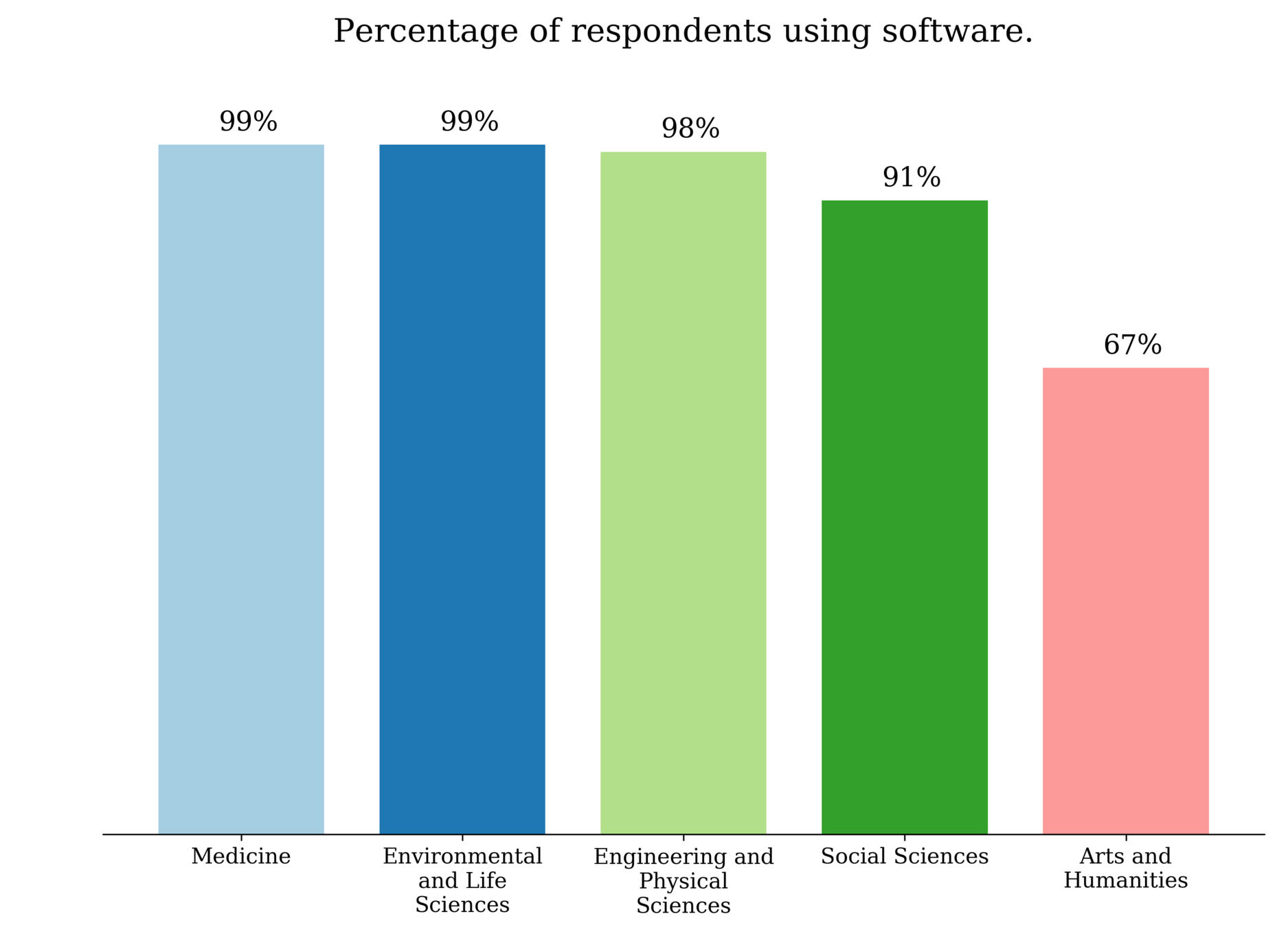
n=594
[2]
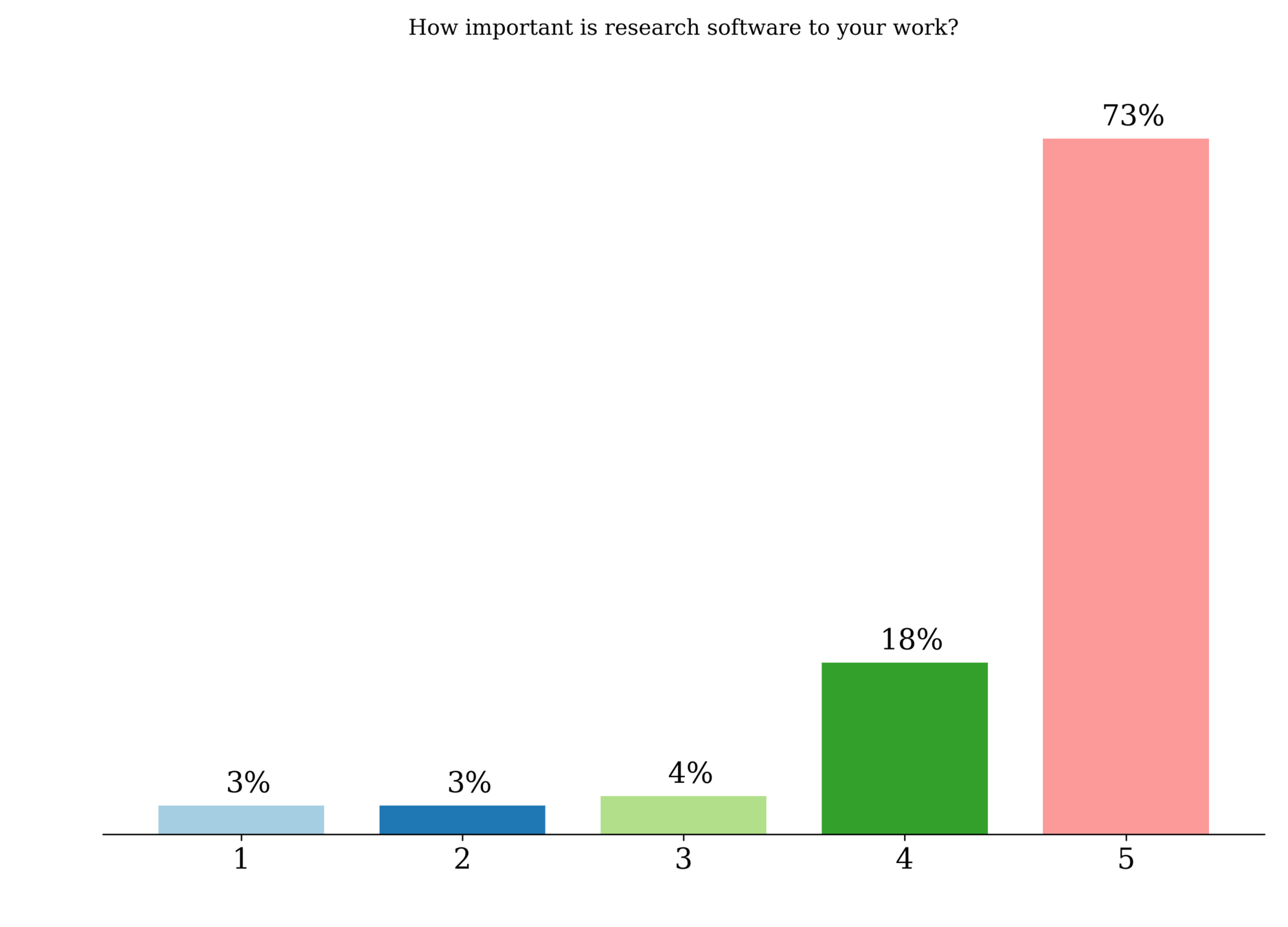
"Not at all"
"Vital"
n=594
Do we value software?

Software
(Parts of) books
Journal articles
Physical artefacts
Exhibitions and performances
Other documents
Digital artefacts

www.hidden-ref.org
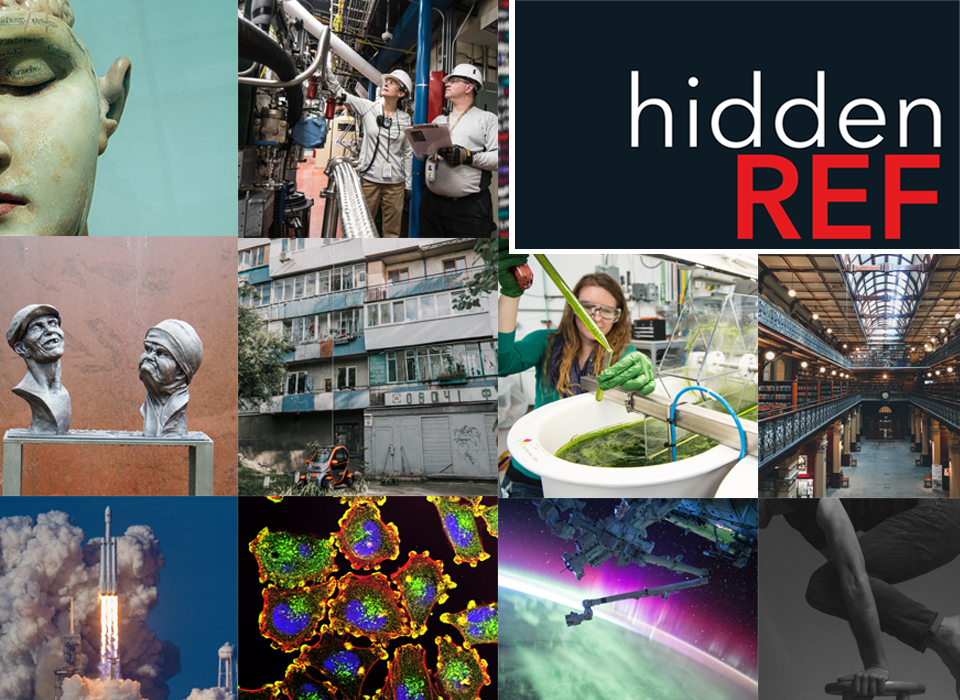
With the emergence of software as the pre-eminent research tool used across all disciplines, comes the realisation that a significant majority of results are based, ultimately, on the skill of the experts who design and build that software.
- RSE State Of The Nation, 2017
The Software Sustainability Institute





www.software.ac.uk
Software sustainability: ensuring that the research software we use today will be available in the future
Inexorably linked with the three Rs:
-
Reliability
-
Reproducibility
-
Reusability


"Research Software Engineer"
- Collaborations Workshop,
22 March 2012,
Queen's College Oxford
RSE Leaders Network
UCL RSE Group
International RSE Leaders
Manchester RSE Group
+3 more groups
30 UK groups
CW12
1st Workshop for RSE
UK RSE Association
Society of RSE
RSE Conference
de-RSE
+6 more
Growth of RSE
CW12
1st Workshop for RSE
UK RSE Association

1428
members
March 2019
The UKRSE Association
CW12
1st Workshop for RSE
UK RSE Association
RSE Conference
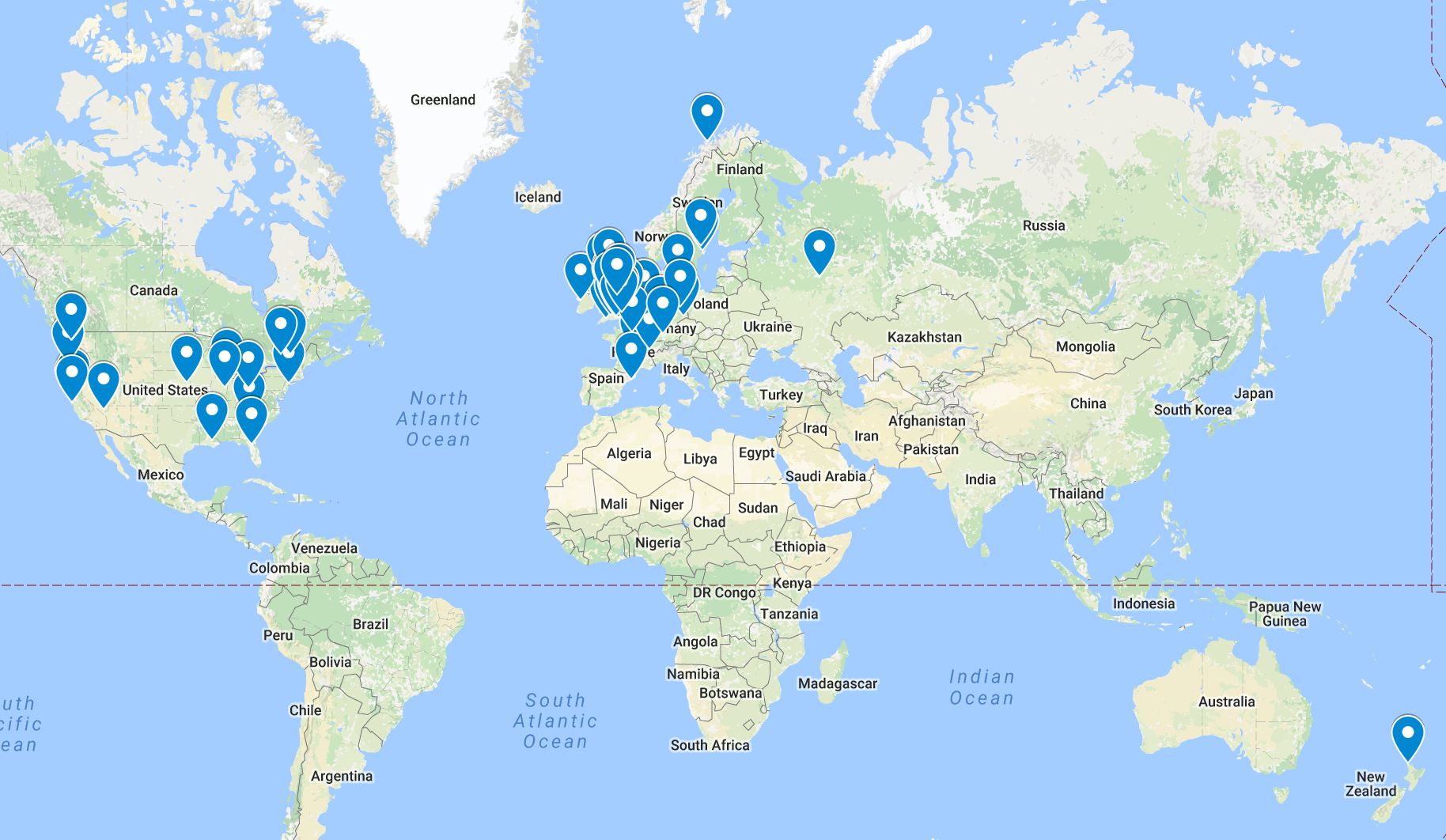
2016: the RSE Conference
CW12
1st Workshop for RSE
UK RSE Association
RSE Conference
de-RSE
+5 more
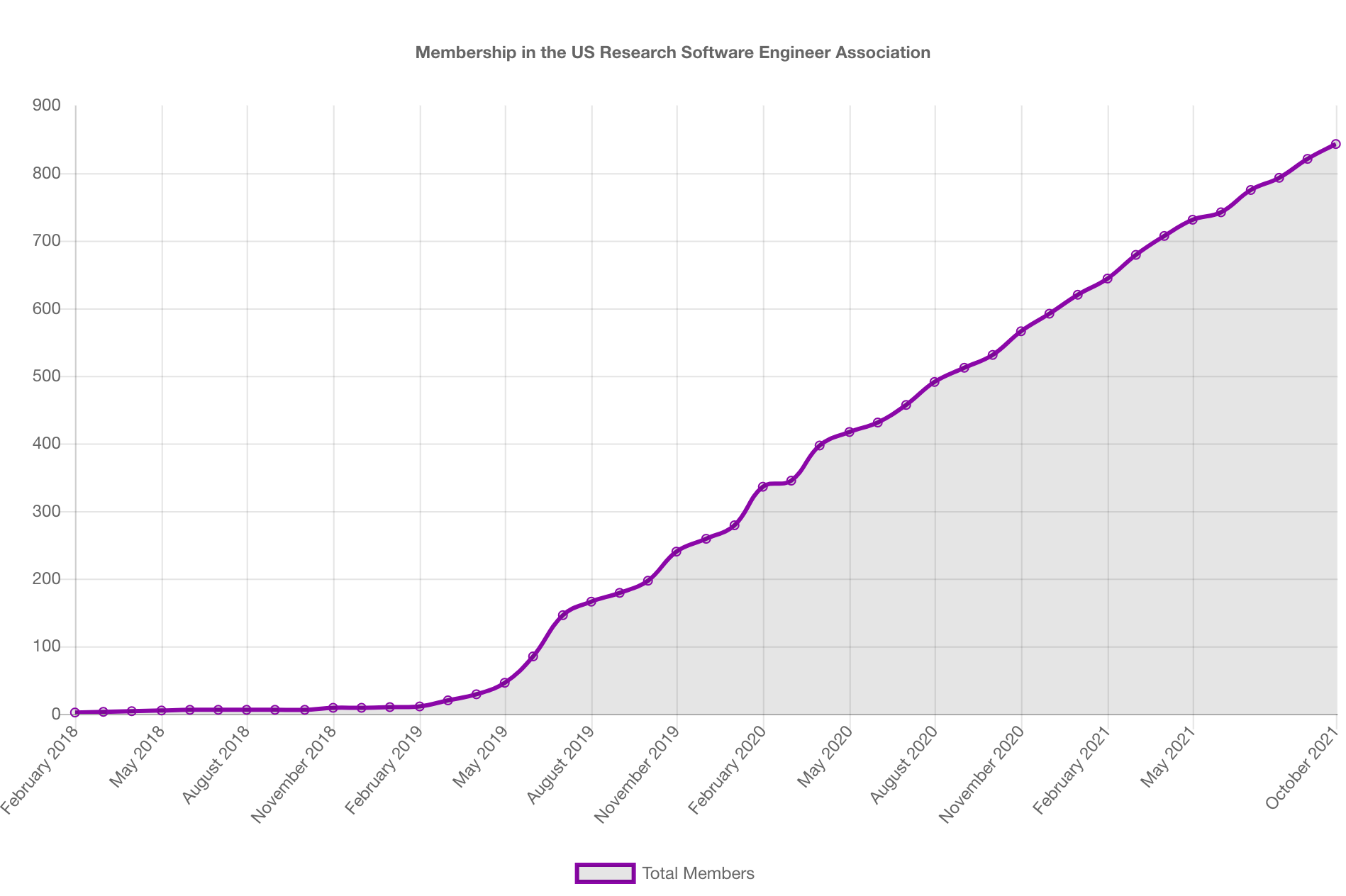
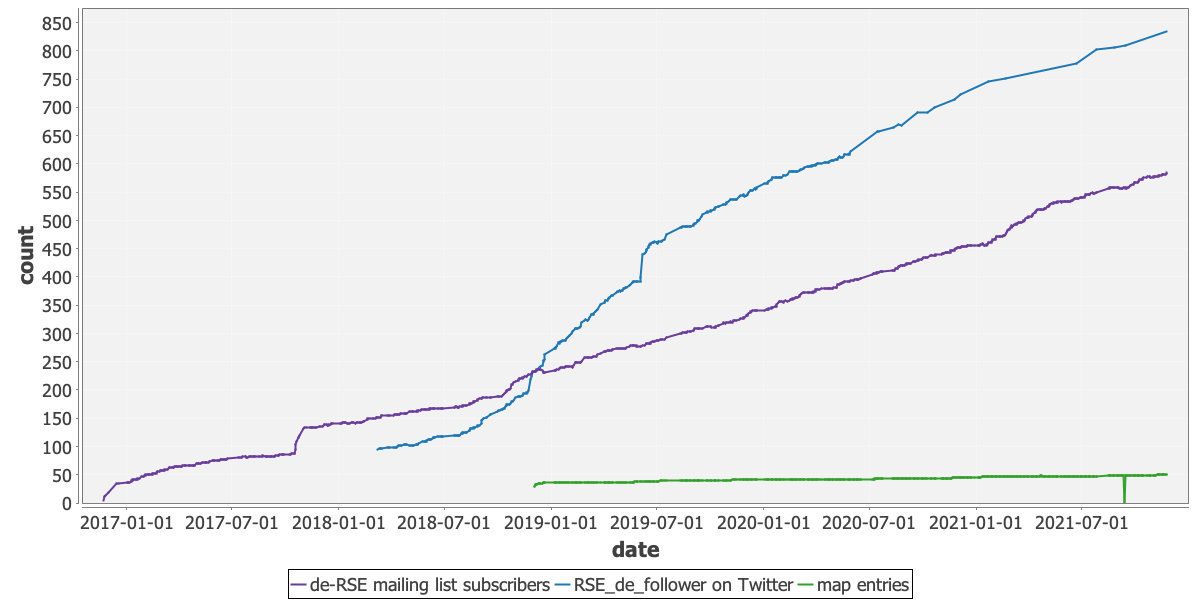
US RSE
~850 members
de RSE
~600 members
CW12
1st Workshop for RSE
UK RSE Association
Society of RSE
RSE Conference
de-RSE Conference
+3 more
de-RSE
+5 more

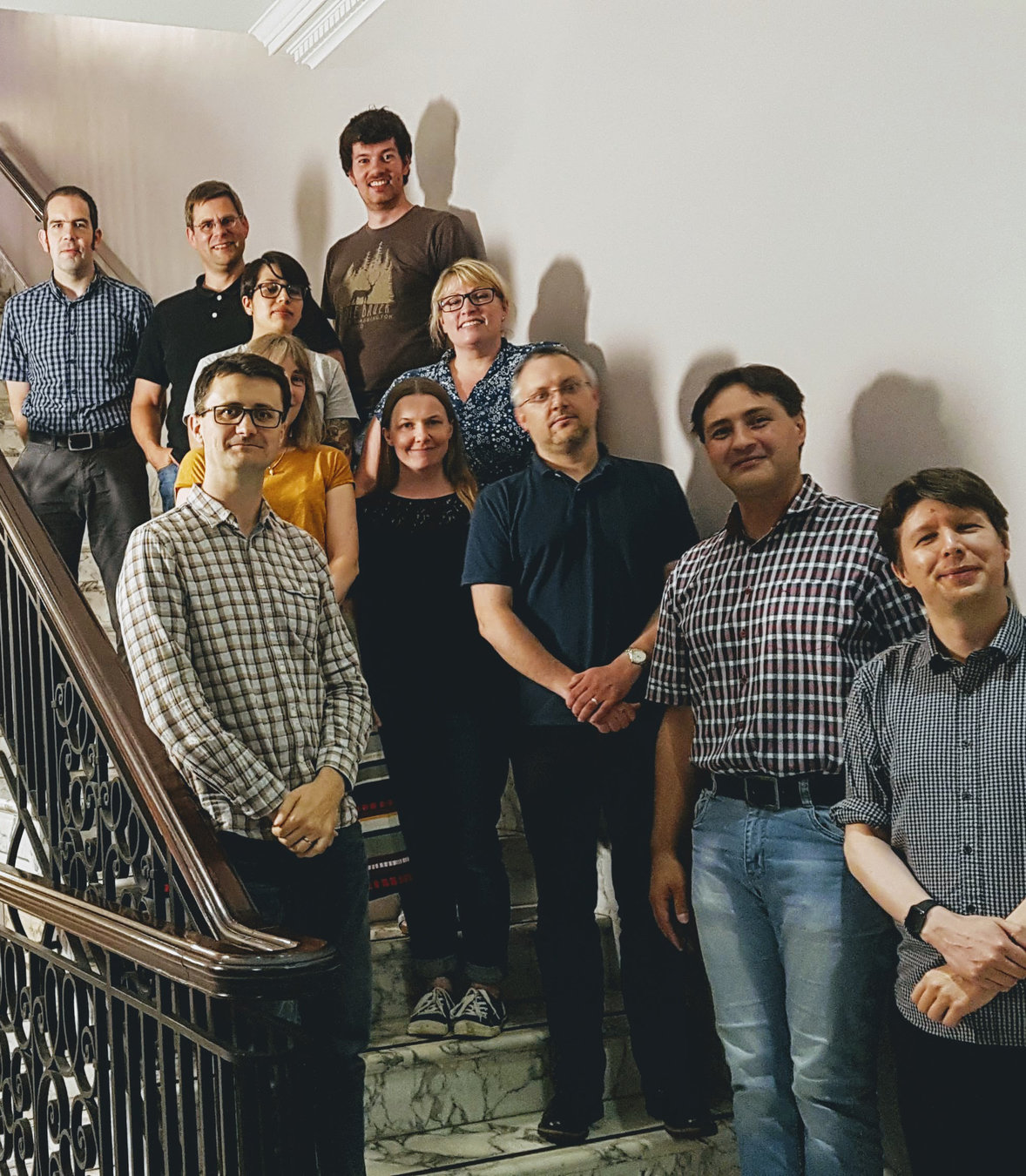
- Independent charity
- 520 paying members
- Elected committee
- Holds funds for the UK community
- Responsible conference, workshops, mentoring and support.
2019
UCL RSE Group
CW12
1st Workshop for RSE
UK RSE Association
Society of RSE
RSE Conference
de-RSE Conference
+3 more
de-RSE
+6 more
Benefits of RSE Groups
For the researcher:
- Significantly greater range of expertise than can be recruited into a research group
- No concerns over recruiting or retaining RSEs
- Simple to scale up number of staff on project
- Pay for expertise only when its needed
For the university:
- Cost effective model for research software engineering
- Focussed demand allows specialisms to be supported
- Repository of research software knowledge
- Training
RSE Leaders Network
UCL RSE Group
Manchester RSE Group
Southampton +2 more
CW12
1st Workshop for RSE
UK RSE Association
Society of RSE
RSE Conference
de-RSE Conference
+3 more
de-RSE
+6 more
30 RSE Groups across the UK
http://bit.ly/RSEGroupsUK
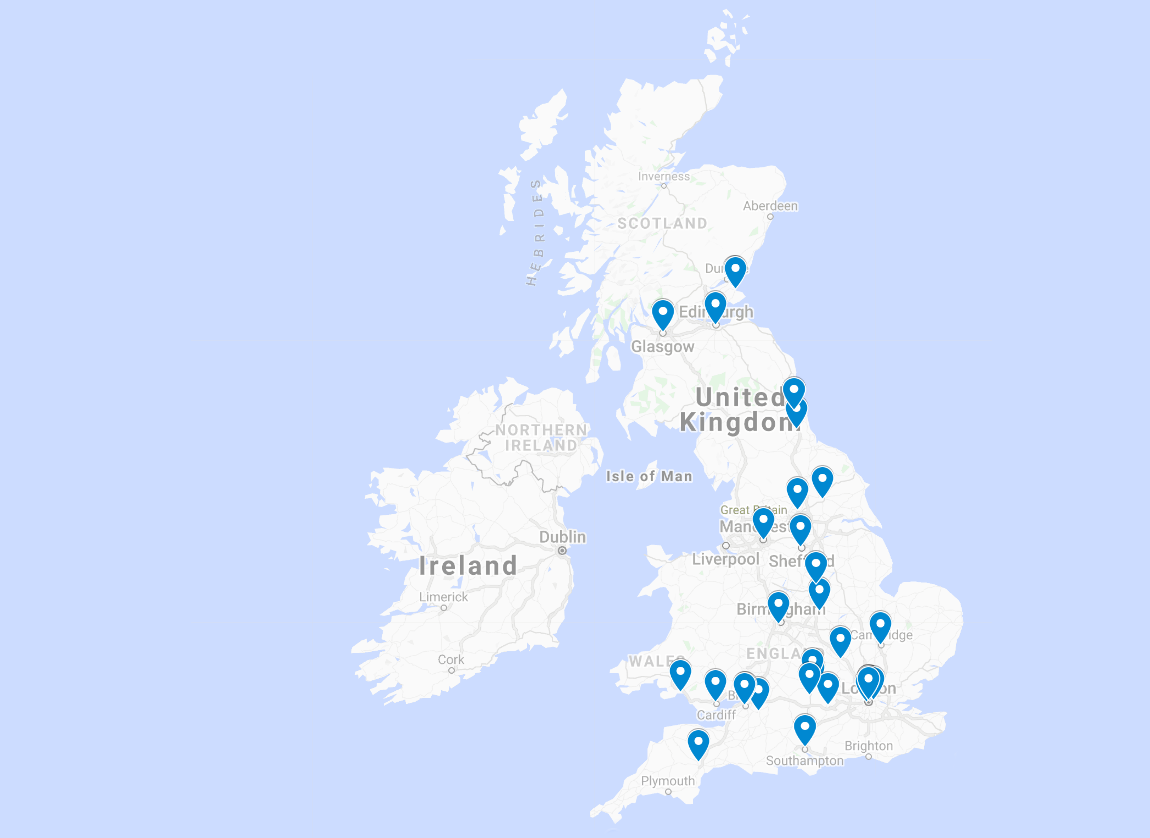
Why it worked
-
Foresight from EPSRC
- Funding SSI, RSE workshops and RSE Network
- RSE Fellowships and training
- Advocacy with other councils
- Strong backbone
- Software Sustainability Institute
- Society of RSE
- RSE Groups
- Adopting a grassroots approach
- Focussing on a collaborative community
- A lot of volunteers
Rachael Ainsworth, Tania Allard, John Allen, Peter Arnold, Sadie Bartholomew, Radovan Bast, Iain Bethune, Jonathan Boyle, Alys Brett, Ania Brown, Louise Brown, Martin Callaghan, Chris Cannam, Debbie Carter, Chris Cave-Ayland, Ilektra Christidi, Alison Clarke, Jeremy Cohen, Fergus Cooper, Ian Cosden, Ian Cottam, Mike Croucher, Maximilian Dolling, Stephen Dowsland, Stephan Druskat, Michela Duta, Mihaela Duta, Andrew Edmondson, Chris Edsall, Keith Evans, Teri Forey, Will Furnass, Andrew Gait, Sandra Gesing, Dirk Gorissen, James Graham, Roland Guichard, Rob Haines, Robert Haines, Martin Hammitzsch, Chris Handley, Gabriel Hanganu, Shashank Harivyasi, Oliver Henrich, Juan Herrera, James Hetherington, Simon Hettrick, Violets Holmes,, Fouzhan Hosseini, Evren Imre, Omar Jamil, Stephan Janosch, Jens Jensen, Caroline Johnson, Matthew Johnson, Catherine Jones, Gareth Jones, Mozhgan Kabiri Chimeh, Daniel Katz, Marko Krznaric, Eileen Kuehn, Mateusz Kuzak, Anna-Lena Lamprecht, Joanna Leng, Frank Loffler, Sam Mangham, Nicholas May, Nick May, Jim McGrath, Cristin Merritt, Leila Muresan, Aleks Nenadic, Jan Philipp Dietrich, Johan Philips, Nooriyah Poonawala Lohani, Tim Powell, Kirsty Pringle, Jamie Quinn, Florian Rathgeber, Paul Richmond, Holger Schulz, Mahmood Shad, Gillian Sinclair, Catherine Smith, Vanessa Sochat, Philipp Sommer, Mark Stillwell, Bezaye Tesfaye Belayneh, Florian Thierry, Ilian Todorov, Andy Turner, Mark Turner, Pablo Valenzuela, Ben Van Werkhoven, Colin Venters, Marion Weinzierl, Georgie Wellock, Matt Williams, Adam Witney, James Womack, Mark Woodbridge , Christopher Woods, Claire Wyatt, David Yuan,
Maintaining the UK's lead in software-enabled research
- Recognition of software as an important research output
- RSE career path at all research organisations
- Representation with funders and research organisations
- Training: investment into training new RSEs and the next generation of leaders
- National facility for sharing knowledge and resources across RSE Groups
What we've achieved
-
First country to invest into the vital role of research software
-
Worldwide adoption of a new research role
-
The creation of sustainable organisations
-
New type of group within UK academia
-
Significant increase in access to software experts
Thank you!
@sjh5000
ORCID: 0000-0002-6809-5195, EPSRC Grant no: EP/S021779/1
Licence
© Simon Hettrick. These slides are licensed under a Creative Commons Attribution 4.0 International : https://creativecommons.org/licenses/by/4.0/. See next slide for rights to copy images

Access these slides: https://bit.ly/3lqPend
Image credits
- Black hole courtesy ESO
- Supercomputer courtesy FlickreviewR
-
Big data courtesy Tumisu
-
Blockchain courtesy mmi19
-
Cloud computing courtesy Pete Linforth
-
Cybersecurity courtesy Darwin Laganzon
-
DNA courtesy Gerd Altman
-
IBM PC courtesy Ruben de Rijcke
-
IOT courtesy jeferrb
-
Machine Learning courtesy Gordon Johnson
References
-
"S.J. Hettrick et al, UK Research Software Survey 2014", DOI:10.5281/zenodo.1183562
-
https://github.com/Southampton-RSG/soton_software_survey_analysis_2019/blob/master/report/Research%20software%20at%20the%20University%20of%20Southampton.pdf
-
https://www.software.ac.uk/blog/2016-08-17-not-so-brief-history-research-software-engineers-0